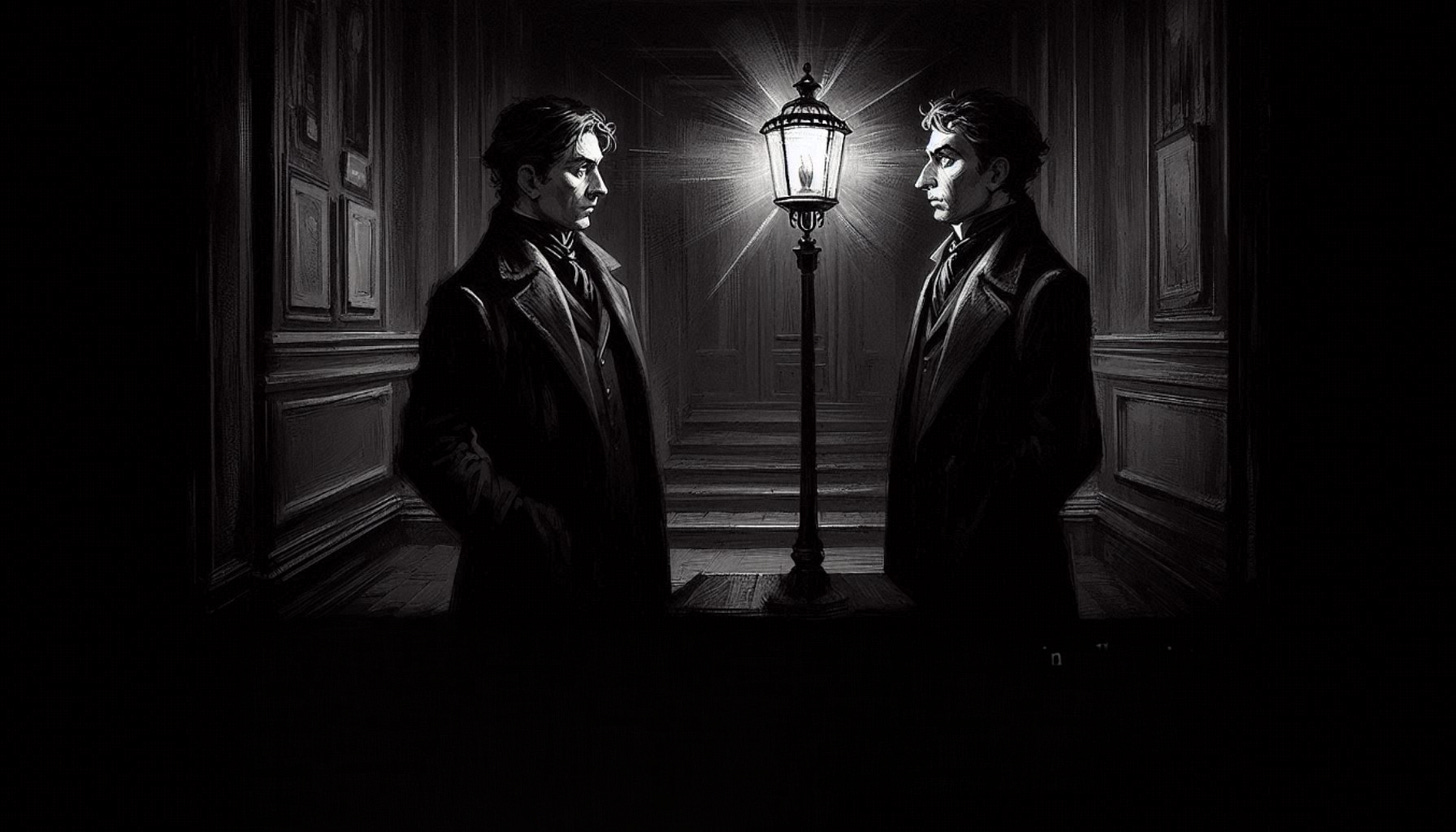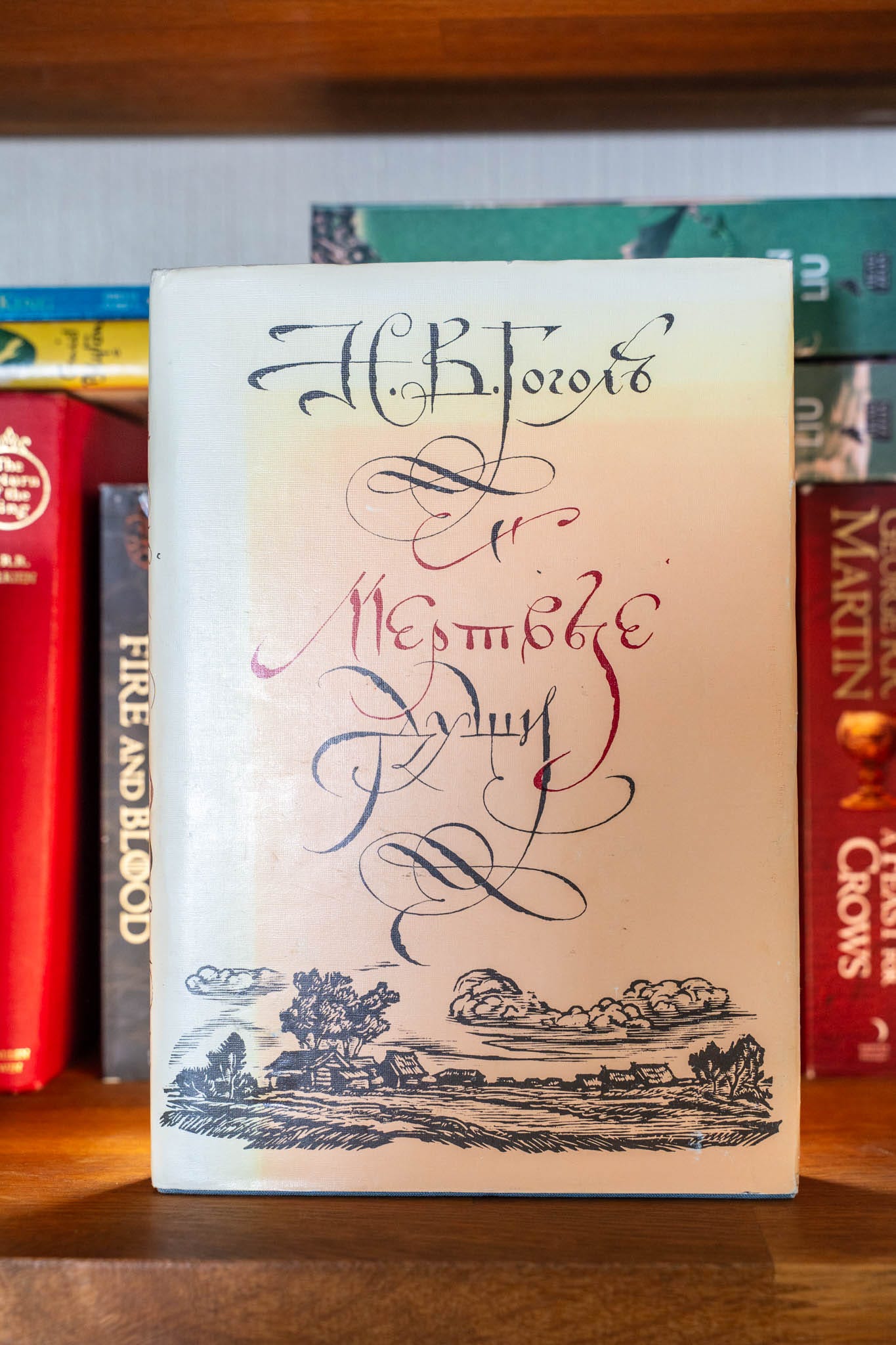You arrogant young whippersnapper!
Crime and Punishment Week 23: Part Four, Chapter 3
Welcome to Week 23 of my slow-read of Crime and Punishment. This week’s chapter is Part Four, Chapter 3.
Please bookmark the homepage for the read-along. Here, you’ll find links to everything you need as we read the novel together.
If you enjoy this content and would like to help me to keep it going, please consider a paid subscription.
Thank you. 🙏🏻
This week’s characters
(I don’t include Raskolnikov in this listing as he’s in most of the chapters)
Luzhin • Dunya • Pulkheria • Razumikhin
A short chapter that moves the plot along only slightly, but with a moment that will stay with Razumikhin for the rest of his life.
We get a description of how Luzhin is narcissistic and truly believes in his goodness is ‘taking on’ Dunya despite her lowly station. Dunya has become essential to him and he’s not about to give her up. We’re told that he loves her ‘in his own way’, which is to say that he loves himself and what Dunya can do for him in the eyes of society as he raises himself up. She’s an accessory and nothing more.
There’s a scene in which Luzhin is seen admiring his own face in the mirror, exactly as Narcissus did in the pool of water. In her chapter analysis of this chapter, Dana pointed out the literary allusion here to Chichikov, the main character in Gogol’s novel, Dead Souls. None of my translations have picked up on this in the footnotes, so I thank Dana for the valuable observation. It’s not the first time that Gogol has been called to mind in this novel. Remember the chair-smashing scene in Part Three, Chapter 5?
Incidentally, I studied Gogol back in my university days and would dearly love to revisit his works now. Perhaps next year. I have a lovely old hard cover edition of Dead Souls.
Anyway, back to Crime and Punishment.
***
Then we’re back in the room with the Raskolnikovs for the aftermath. Rodion explains that Svidrigailov wishes to give Dunya ten thousand roubles. Dunya’s sure that Svidrigailov has something appalling in mind. Razumikhin declares that he’ll look out for Dunya and keep tabs on Svidrigailov. He proposes that the Raskolnikovs stay together in Petersburg and go into partnership with him in a publishing business. Dunya’s taken with the idea, but then Rodion announces that he’s got urgent business to attend to and he suggests that they should all go their separate ways. He then gets up and leaves, wishing them well but acting really weird, saying things like, ‘this might be the last time I see you’. As he leaves, Razumikhin follows him. Rodion tells him to leave him along and to look after the women. There’s a moment when they look at each other out in the dark corridor and I read it at first that Razumikhin was finally made to understand that Rodion was the murderer. But on reading Dana’s analysis, I could very well have missed the psychological themes that Dostoyevsky is playing with here. Rodion’s burning gaze penetrates into the depths of Razumikhin’s body and soul and causes him to shudder in horror. It’s some powerful imagery and I urge you to head on over to Dana’s analysis to get her view and see her excellent artwork that accompanies this scene.
All quotations in this post are taken from Roger Cockrell’s translation of 2022, Alma Classics, © Roger Cockrell 2022
Translation Points
There are a few interesting idioms in this chapter. Luzhin refers to Rodion as an ‘arrogant young whipersnapper’. On describing what happened with Luzhin, Razumikhin is described as being in ‘seventh heaven’. And later on Svidrigailov is described as having been ‘a little muddle-headed.’ Let’s see how these are rendered in the other translations. I’ll give you the whippersnapper variants here. To see the other idioms, head on over to the comparison spreadsheet by clicking the button below.
Russian - этого заносчивого молокососа
Garnett - conceited milksop
Coulson - insolent young puppy
McDuff - arrogant milksop
P&V - presumptuous brat
Ready - arrogant mummy’s boy
Pasternak Slater - conceited milksop
Katz - insolent youth
Cockrell - arrogant young whippersnapper
You can see the other idioms over on the spreadsheet.
Request a Translation Comparison
Paid subscribers may request translation comparisons for anything that jumps out in whichever translation you’re reading.
Once requested, it will be added to the public translation comparison spreadsheet.
Thank you for reading
Thank you for reading with me.
This book group is entirely funded by its readers. If you enjoy my posts, please consider a paid subscription to support me and this work.
Or if you’d rather just buy me a coffee, I’d be very grateful!






In general, in this chapter, I feel like I've somehow deeply immersed myself in Gogolian and demonic themes. Although maybe not, living with the novel for 4 months straight probably takes its toll. Everything already seems to me not quite as it's depicted, I hate that Dostoevsky kept silent about many things. And especially now, at the end of the novel with all of Svidrigailov's affairs that we're reading about, I'm completely immersing myself in this devilry, this paganism.
The Gogol edition is so beautiful, I really like the font on the cover. It makes me want to read it right away.
Thank you for the article and comparison of translations. I don't know how I would explain "molokosos". It's a difficult word to translate.